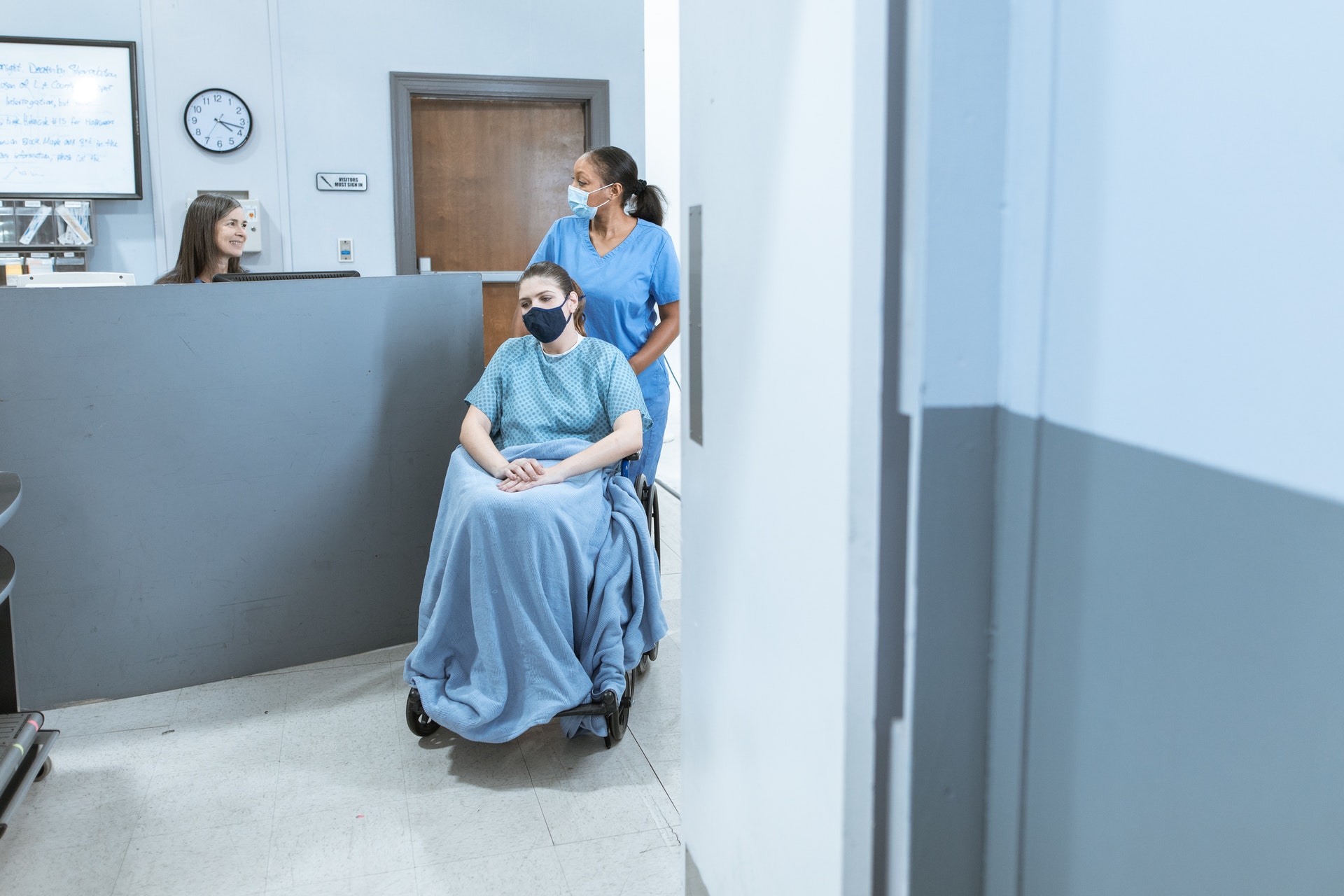Tuesday, October 19, 2021

In much of the United States, Medicaid managed care and state-level Title V programs play important and distinct roles in the system of services for children and youth with special health care needs (CYSHCN). At their best, the programs can improve the quality and efficiency of health care delivery, lower costs for families, and strengthen overall support for CYSHCN. But in order to achieve this, Medicaid agencies, Medicaid managed care organizations (MCOs), and state Title V programs must work collaboratively.
In partnership with the National Academy for State Health Policy (NASHP), the Catalyst Center Project at the Center for Innovation in Social Work & Health (CISWH) at Boston University School of Social Work (BUSSW) has released a mini-brief outlining strategies and considerations on how building partnerships across agencies can reduce duplication of services, improve care coordination efforts, and meet more of the physical, social, emotional, behavioral, and socioeconomic needs of CYSHCN and their families.
Read the Brief
The Catalyst Center is an HRSA-funded project housed at The Center for Innovation in Social Work & Health at BUSSW. The project works to promote universal, continuous, and affordable coverage for all CYSHCN; to close benefit and financing gaps; promote payment for additional services; and to build sustainable capacity to promote financing of care.